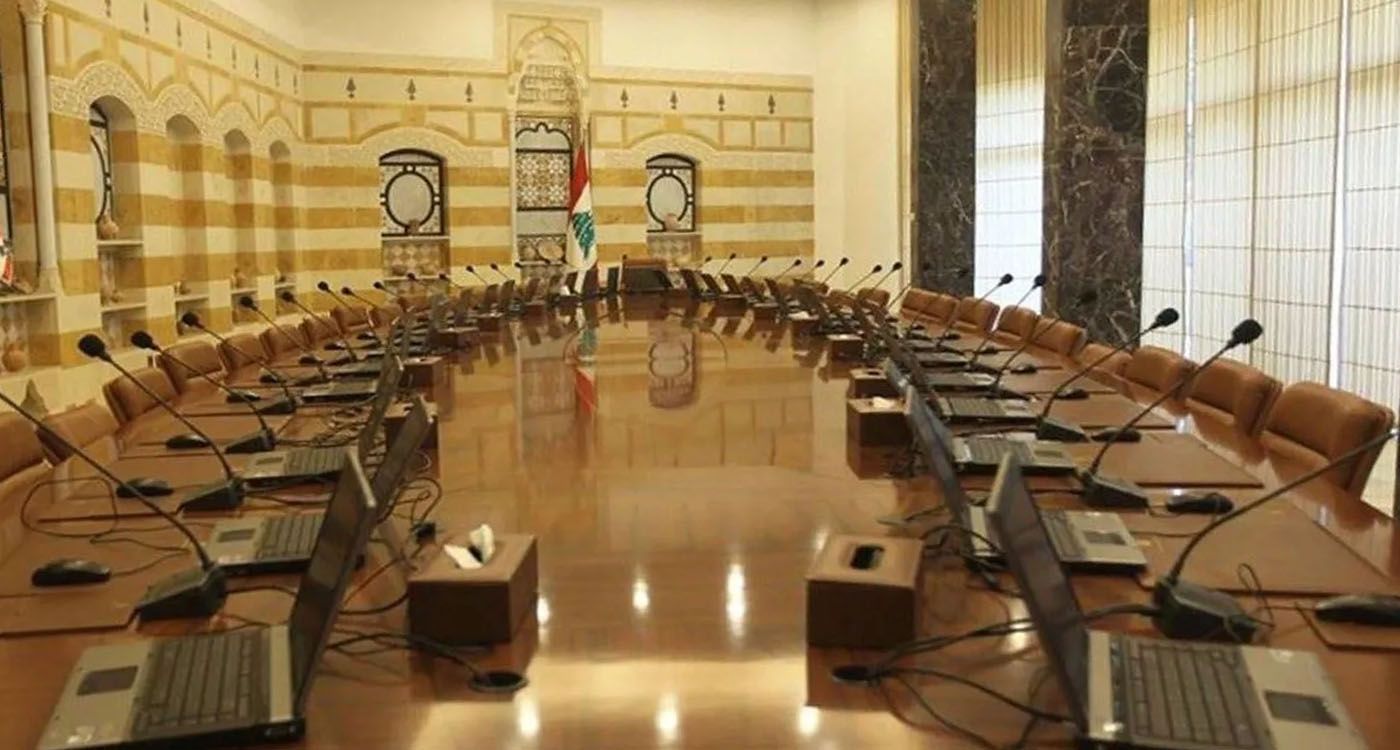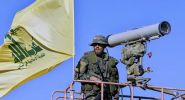
This chapter in Europe’s history, on the eve of World War II, is familiar to most. It’s often held up as a textbook case of the risks of trying to appease an adversary who, from the outset, had embraced an uncompromisingly aggressive stance — regardless of the concessions offered. The reference is unmistakable: the infamous Munich Agreement of September 1938. In an effort to placate Hitler and spare the continent another war, British Prime Minister Neville Chamberlain and French Prime Minister Édouard Daladier signed the Munich Agreement with the Nazi leader on September 30, 1938. Under its terms, Czechoslovakia was forced to cede part of its territory — the Sudetenland — which Hitler had claimed.
The agreement drew sharp criticism from Winston Churchill, who delivered his now-famous rebuke to Chamberlain on October 5, 1938: “You were given the choice between war and dishonor. You chose dishonor — and you will have war.”
One might be tempted to draw a parallel between that historical episode and the notably conciliatory approach taken by Lebanon’s leadership amid the current crisis sparked by Hezbollah. Not that President Joseph Aoun and Prime Minister Nawaf Salam have chosen dishonor — far from it. In their public statements, they have repeatedly and unequivocally reaffirmed their firm stance: Hezbollah’s weapons must ultimately be handed over to the state, and the authority over decisions of war and peace must lie solely with the Council of Ministers.
Today, the problem lies in the path the regime seems to be taking to put its stated principles into practice. It seeks to project that it has chosen “dialogue” with Hezbollah — a policy of “appeasement” reminiscent of Chamberlain and Daladier’s approach — in a bid to avoid conflict with the Shia militia. Yet, this complacency only postpones and deepens the crisis, as it is viewed by the pro-Iranian party as a sign of weakness. This grants Hezbollah a golden opportunity to toughen its stance even further and, in a well-worn tactic, brandish the threat of civil war if the regime resists its demands.
Above all, the policy of “appeasement” hides a simple truth: any “dialogue” with Hezbollah over the fate of its military arsenal is pure fantasy and a complete waste of time for the government. This so-called dialogue has dragged on since 2006 without producing any results. This is hardly surprising given that the decision to hand over — or retain — Hezbollah’s weapons lies solely with Iran’s Supreme Leader, Ali Khamenei. His strategic choices, especially regarding Lebanon, are driven by Iran’s national interests and the regime’s geopolitical calculations. Any concession or leniency toward Tehran’s Lebanese proxy will only fuel the militia’s radicalization and pull the central government further into destructive passivity.
If the solution hinges on Hezbollah’s goodwill, then clearly the key lies in Tehran. However, for any approach to be truly effective and exert the necessary influence on Lebanon’s political landscape, the long-standing issue stemming from the clerical regime’s aggressive and destabilizing strategy — a form of Levantine-style annexation — must be resolved decisively and permanently. This calls on regional and international decision-makers to take bold, direct action to confront the root cause of the problem.
Waiting for a final solution to emerge from abroad at an uncertain time would weaken the legitimacy the regime has held since its early days and condemn the Lebanese once again to being pawns in the regional power play — inevitably accelerating the gradual erosion of central state authority in favor of the militia-run mini-state.
If the regime genuinely seeks to translate the sovereigntist principles set forth in the president’s inauguration address and the government’s policy declaration into reality, it cannot afford to wait for Hezbollah’s cooperation. It must assert its authority, take the initiative and impose its own agenda — on its own terms and timeline — on the pro-Iranian party. In this endeavor, it enjoys strong support from the international community — led by the United States, the European Union and the Gulf states — and, most significantly, the unwavering backing of no less than eighty percent of Lebanese citizens, both inside the country and abroad.
Instead, Hezbollah must conform to the demands of the central government — not the other way around. Any other approach would be a mere façade, paving the way for endless rumors and speculation about the true motives of the current regime.




Comments